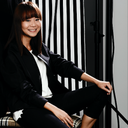The road often travelled: What to expect when planning a career change?
Theory: Schlossberg transition theory “4 trades that you need, that you effectively need to go through every transition”
The road often travelled
I was brought up to expect career pathways to be mostly linear. Striving to remain in the same profession meant becoming more indispensable, and therefore led to a more stable income.
As with life’s trajectory, priorities and expectations have shifted over the decade. From sturdy stability, we now look towards exploration and discovery for both personal and professional growth. Career development is increasingly viewed as a perpetual journey, rather than one with a destination.
Along with this journey is the hiring landscape’s constant shift. One of which is the notable trend in the rise of hybrid roles, where companies are merging skill sets that never used to be found in the same job or role, such as marketing and data analysis, or design and programming to meet industry demands and thus re-writing the DNA of the job market. With the lines blurring, there are those who warmly embrace change, while some of us probably liken it to a trip to the dentist; dreaded but necessary.
Change can be scary, but it’s not a bad thing
Being a former creative professional, my mind often runs wildly creative and believes in the endless possibilities of making the world a little better. I am a current Marketer and Customer Success Manager at Wantedly. Before I joined Wantedly, I’ve always planned to further my studies; it was only a matter of what to study, and when it will happen. Over the years and in the course of my career as a creative professional, I’ve had the opportunity to work very closely with various marketing teams across diverse industries from media publications to advertising agencies. Having observed how frequently both our roles were inextricably intertwined whilst working on various campaigns and creative projects together, it cemented the idea that pursuing an advanced study in marketing would complement and give a much-needed boost to the creative skills I have honed over the years.
It was not all roses and rainbows. As someone undergoing a mid-career transition, the thought of flipping textbooks, sitting for examinations, and “burning” any free time on projects and course work were daunting and weighed heavy on my shoulders. I quickly learnt during my first semester that I was not alone. Like me, many fellow students were juggling work, studies and family. What drove us was the purpose and goals we were working towards.
With this new-found purpose, passion and certainty, I set out to determine how I can incorporate both my new major and ready skill set to embark on a career search that would enable me to take these skills to the next level.
If you are thinking of a career transition, or are in the midst of navigating one, Schlossberg’s Transition Model is one learning that I applied, and which helped me greatly in my transition from a creative professional to a marketer.
The Schlossberg’s Transition Model
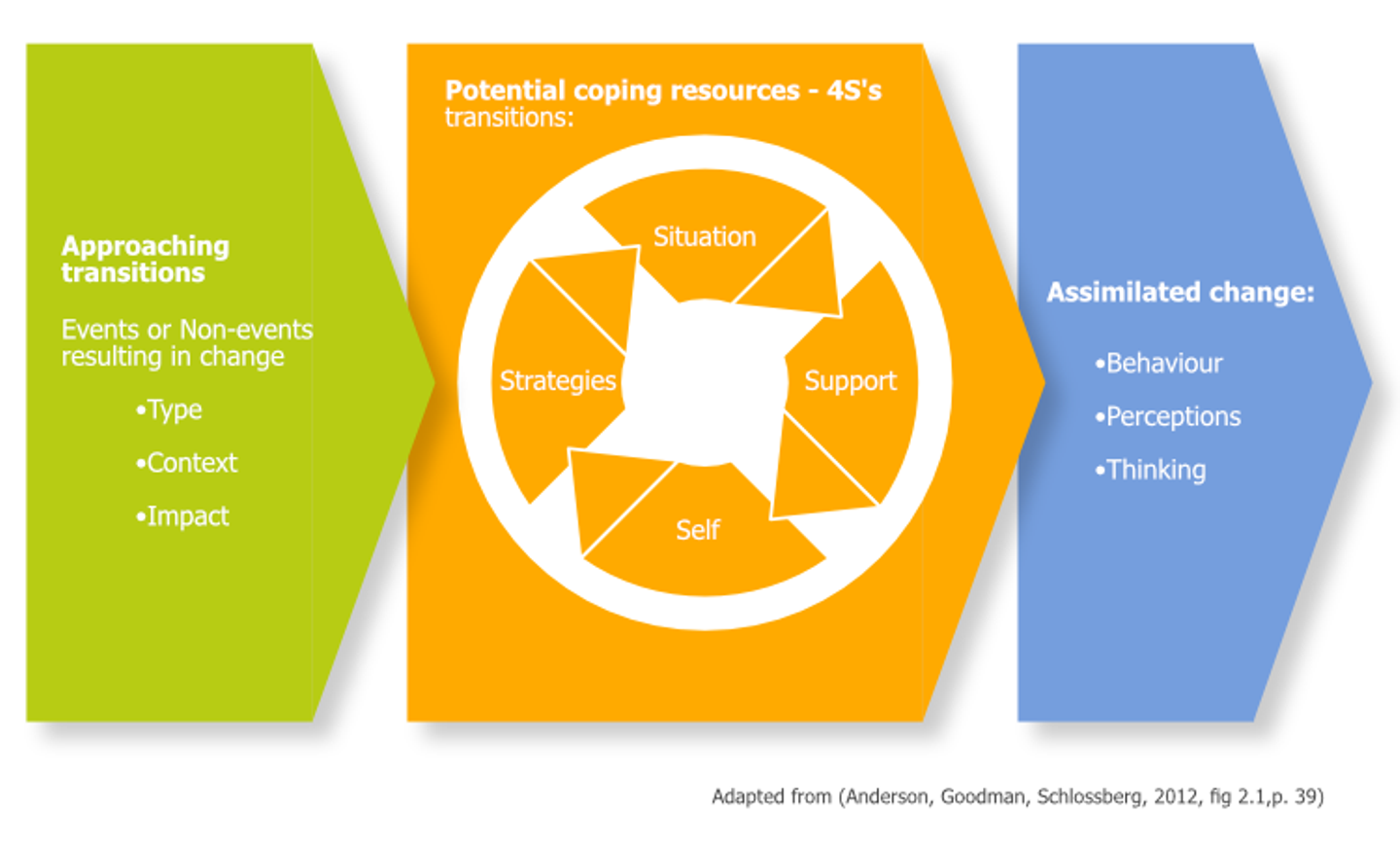
ACCESS THE CURRENT SITUATION
What triggered the transition, and how much control did you have over it? What are the projected consequences of the change? How does the shift impact your life roles and responsibilities? Assessing and understanding the situation surrounding your transition will not only inform your subsequent strategies but provide you with a greater sense of control over your circumstance.
WHAT ARE YOUR AVAILABLE SOURCE OF SUPPORT?
Who and what sources of support do you have during your transition? It can be a mentor, your immediate family or an organisation lending a helping hand or giving sound advice. Support can be both positive and negative. The support that you have might be a 'hindrance' to you during the transition. For instance, being the household's breadwinner, juggling a newborn, work and life can be very stressful and tricky.
SELF — WHAT CAN YOU BRING TO THE TABLE
What has your past work experiences taught you about your working style and strengths? What is your current outlook for the transition? How has the transition affected your confidence and self-belief? How have you dealt with similar situations previously? It is important not to ignore how the transition affects you and what personal resources you have to deal with the situation. Facing these questions allow you to take on the task ahead with authenticity, fully aware of how equipped you are.
STRATEGIES FOR YOUR TRANSITION
1) Speak to people who have walked the walk
Get insights from individuals who have gone through a similar experience. Speaking to the right people can give you a clearer picture of what to expect ahead, and keep your expectations realistic. Having gone through a similar experience, they could also provide emotional support on this journey.
2) Do your homework
Take the time to do an environmental scan to gather the climate and opportunities out there. For example, if you're looking to get hired, research the top industries that are hiring and find out which are the most in-demand jobs. Since mid-last year, there was a surge in employment for some industries, whereas the pandemic badly hit others. For a smoother start, analyse the industry trends and consider the potential growth to make a sustainable decision. If the industry you are interested in switching to does not have potential future growth, you might need to consider contingencies.
3) Dive in and commit
Inaction breeds contempt. Once you have decided on a plan, commit to action steps. Allow your actions to influence your emotions, rather than the other way around. Focus on the task at hand, aim to excel, and build your confidence through each task. No matter what the odds might be, taking steps to make it happen is the right choice. Your future self will thank you for at least trying.
Strive and thrive
Having followed these steps closely, I feel more at ease realising my abilities where I could not see them, equipped with the knowledge and better understanding of myself and my purpose while I mitigate this journey so I can look to thrive in my next career move.
Martin Luther King Jr. said, “The ultimate measure of a man is not where he stands in moments of comfort and convenience but where he stands in times of challenge and controversy.”
Charting a new course in your career can be unnerving. But with the disruption in the job market and current hiring climate, now might just be the best time!
Remember that you are not starting from scratch. The experience and transferable skills you have gathered over the years are your biggest assets, which also acts as your competitive advantage and give you that edge. So, march forward!
/assets/images/7053115/original/43c7433b-4920-4cf1-b0b0-c44aec7bd947?1624242511)
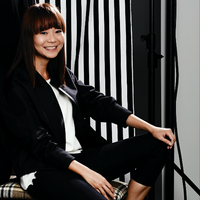
/assets/images/7053115/original/43c7433b-4920-4cf1-b0b0-c44aec7bd947?1624242511)


)/assets/images/7053115/original/43c7433b-4920-4cf1-b0b0-c44aec7bd947?1624242511)



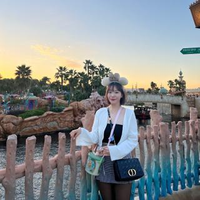
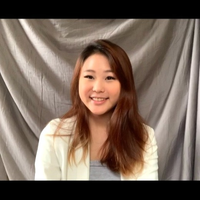
/assets/images/7053115/original/43c7433b-4920-4cf1-b0b0-c44aec7bd947?1624242511)
